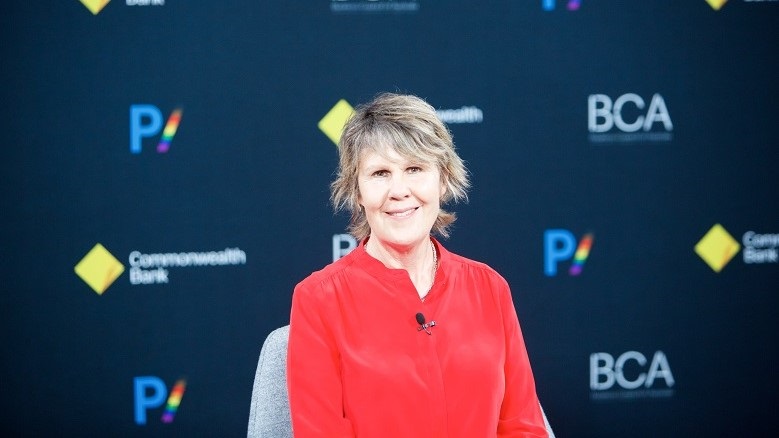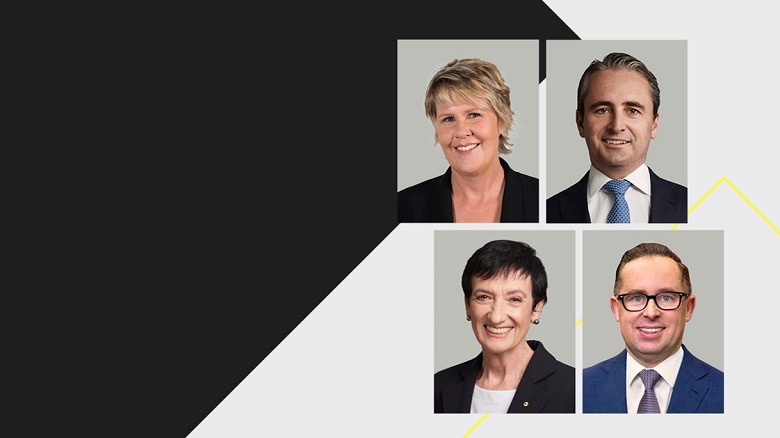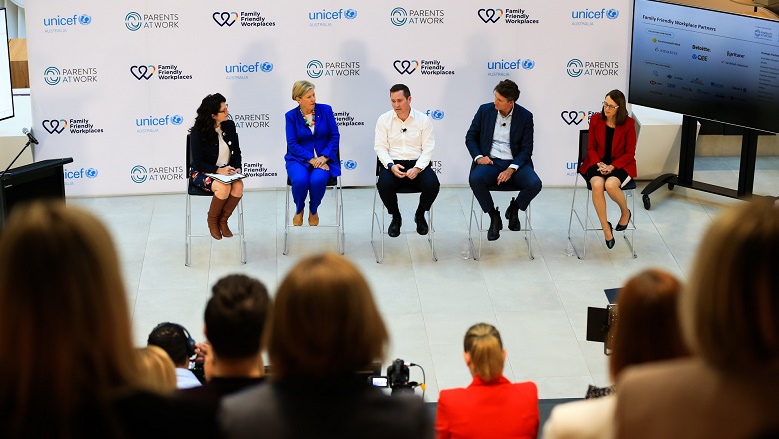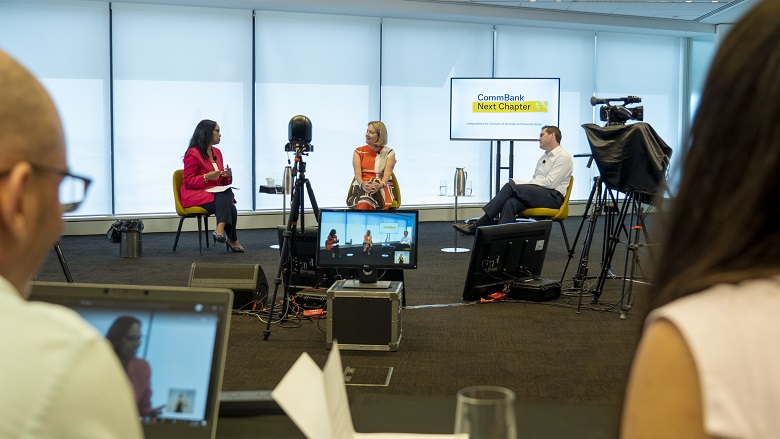The panel agreed that diversity is more than just reaching certain key performance indicators (although KPI’s are still valuable measures of progress), and must rather be viewed as a fundamental and ingrained part of an organisation’s culture – which starts at the very top.
“Culture is not some adjunct to an organisation – it is the organisation. It is fundamentally about the way we do things. It’s hugely important and it does start at boards,” said Ms Westacott.
“It's important that people in decision making areas of organisations, actually have a good sense of the customers and the people that they're ultimately leading and serving, and they’re representative of that,” added Mr Comyn.
“I know my board is very focused on diversity of all levels, including diversity of thought and leadership style. A huge part of that is about attracting people who feel comfortable challenging any level of the organisation, and feel that they're working for someone who listens, and has the right level of empathy and understanding.”

ABC Radio National's Fran Kelly hosted the event (Image credit: Terence Ho)
The panellists agreed that during challenging times – including the past 18 months where many employees have had to work remotely – it is a strong culture that ensures employees still feel energised, productive, and connected to their organisation.
“A strong culture, particularly when everyone is distributed, is absolutely critical. Because you can't rely on the usual management interventions and tools that you would otherwise have”, said Mr Comyn.
At its most fundamental level, an inclusive workplace is also a community, customer and shareholder expectation, with Environmental, Social and Governance considerations becoming more important to investors in recent years. For Mr Joyce, an inclusive workplace is part of a company’s social “licence to operate” and if a company gets it wrong, they are guaranteed to lose shareholder value.
“The business case is always strong. Not only do shareholders want it, customers who feel a company is advocating on their behalf are far more loyal,” he said.
“We have a huge number of LGBTIQ+ employees, and they expect the leader of the company to be out there advocating on their behalf. If you’re not, you are missing in action. That creates another virtuous circle: happy customers, happy shareholders and happy employees, who feel that the company is working on their behalf.”
While there has been great progress in the past few decades, Mr Joyce noted there is undoubtedly a lot more work for companies in this space, pointing to the stark number of the LGBTIQ+ community still uncomfortable with the idea of ‘coming out’ at work.
“It’s more important than ever that we have our allies out there,” Mr Joyce said. “And there is still a need for organisations like Pinnacle out in the community.”
As supporters and partners of the Pinnacle Foundation since 2013, CBA recently renewed its sponsorship agreement with the Foundation, doubling its financial commitment over the next three years. Having supported 38 Pinnacle Scholars so far, this will help fund six annual scholarships for LGBTIQ+ youth across Australia to study at public higher education institutions and achieve education or vocational qualifications in any profession, trade or the arts.
Speaking about the sponsorship, Mr Comyn said: “We are proud of the partnership we have had with The Pinnacle Foundation. Being a company that supports people and communities, we have the opportunity to make a real difference. It gives people confidence inside the organisation to see that and it makes them feel good about the place they work. And undoubtedly that helps with connection, engagement, productivity and performance.”
To learn more about the work Pinnacle does or to donate, visit The Pinnacle Foundation’s website here. Any donation over $2.00 is tax deductible, with 100% of all proceeds going directly to Pinnacle.





